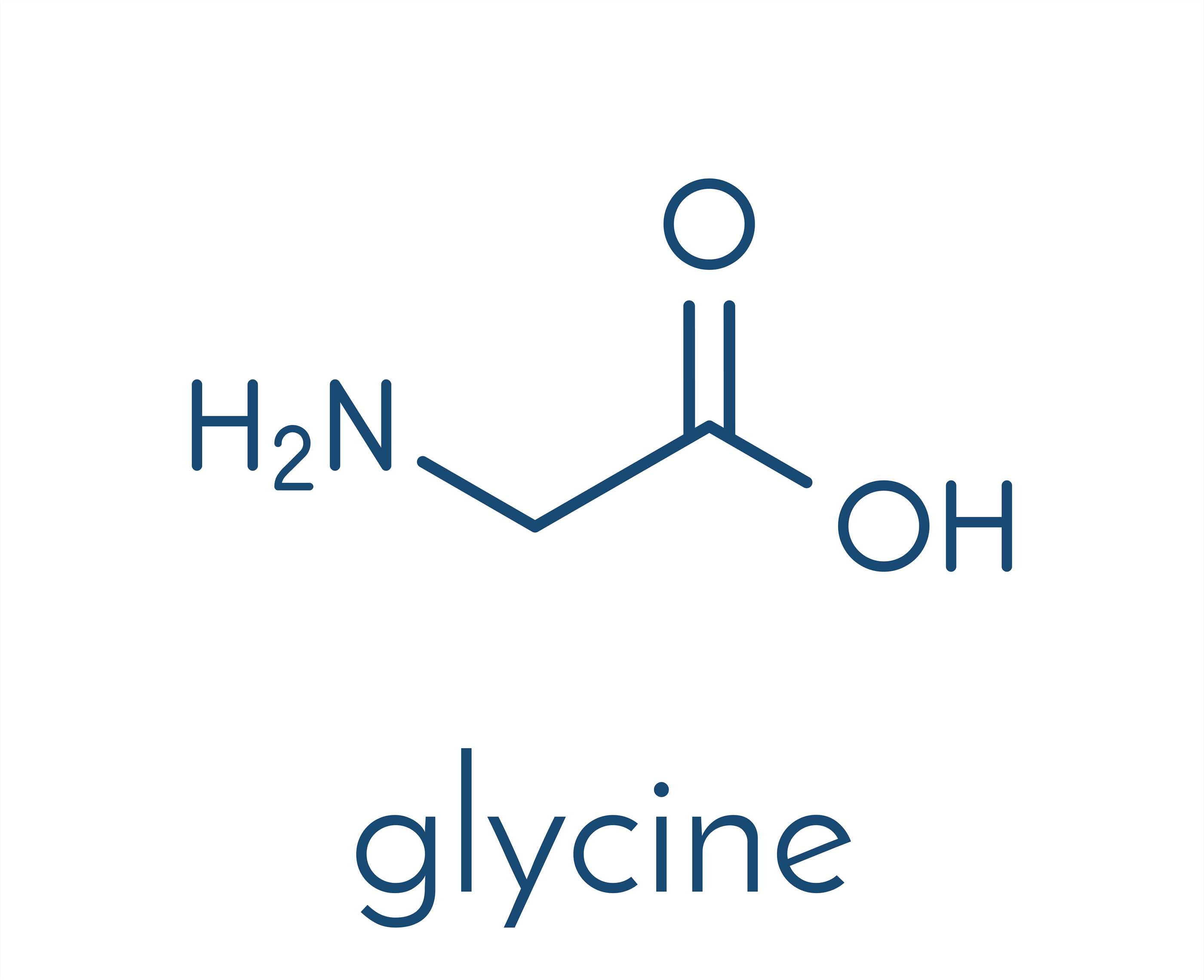Polyglycylation is a unique post-translational modification (PTM) of microtubulin. Similar to microtubulin polyglutamylation, polyglycylation occurs at multiple Glu sites in α- microtubulin and β-microtubulin, specifically at the γ-carboxyl group. Polyglycylation regulates the physiological processes by modifying microtubule proteins and also affect physiological and pathological states by interacting with other modifications. Based on our hybridoma technology and phage display technology, Creative Biolabs is committed to providing you with high-quality polyglycylation-specific antibody development services.

Polyglycylation is a PTM found in the carboxy-terminal region of certain microtubule proteins. Initially discovered in C. graminearum, it has also been observed in mammalian neurons. Microtubulin, a biopolymer, plays various cellular roles, including mitosis, transport, signaling, cilia and flagella assembly for motility, and cytoskeletal structures. Microtubulin's diverse regulatory functions are achieved through PTMs of the alpha and beta subunits. These modifications can occur in the ordered core of tubulin molecules or in the disordered C-terminal tails (CTTs) of α and β tubulin monomers. Different subsets of microtubules have distinct post-translational modifications. For example, acetylations commonly occurs in stable microtubules and is believed to protect them from bending. Microtubule stability is also associated with detyrosylation, which removes the C-terminal tyrosine from α-tubulin. Tubulin with tyrosine is prevalent in mitotic microtubules, while detyrosine tubulin is found in stable microtubules in neurons and cardiomyocytes. Post-translational modifications of microtubule proteins can modulate properties such as flexibility, stability, polymerization, and depolymerization rates. Acetylation increases microtubule flexibility and elasticity, safeguarding long-lived microtubules. Axonal microtubules, compared to bovine brain microtubules, grow more slowly and burst less frequently. However, microtubule aggregation rates were indistinguishable when axonemes with different post-translational modification patterns were compared. Glycosylation can also act as a counter-regulator of polyglycylation, since both modifications compete for similar sites on microtubule proteins. Several studies suggest that polyglycylation may play a crucial role in regulating of microtubule protein function.
Polyglycylation-specific antibodies are essential for the discovery and study of polyglycylation. These antibodies enable qualitative or quantitative analysis of polyglutamylation levels through techniques such as western blotting, immunohistochemistry, and immunoblotting. However, the incomplete understanding of the modifying enzymes involved in glycation poses challenges in functional experiments on microtubulin glycation. Nonetheless, advances in technology have led to the development of polyglycylation-specific antibodies, such as TAP 952 and AXO 49. These monoclonal antibodies are effective tools for detecting of monoglycylated and polyglycylated microtubulin, respectively. Existing knowledge provides a theoretical and practical foundation for the development of polyglycosylation-specific antibodies. This facilitates the development of polyglycosylation-specific antibodies based on hybridoma technology and phage display technology, allowing antibody development to proceed efficiently and in a more directed manner.
Regarding PTM specific antibody discovery, Creative Biolabs has a plethora of expertise. We would be pleased to talk with you about our expertise and experience in developing polyglycylation-specific antibodies.
All listed services and products are For Research Use Only. Do Not use in any diagnostic or therapeutic applications.